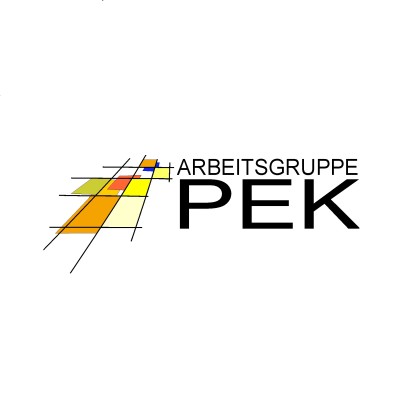Prospective Students
Is it possible to listen to lectures without being enrolled as a student?
Stoodle FB13 is a moodle course that is maintained by the Office of Student Affairs. In addition to the FAQ, all tools, downloads and documents can be found there, always up to date. If you cannot find the answers to your questions there, you are welcome to contact us using our contact form.


